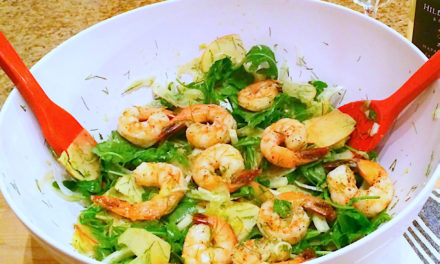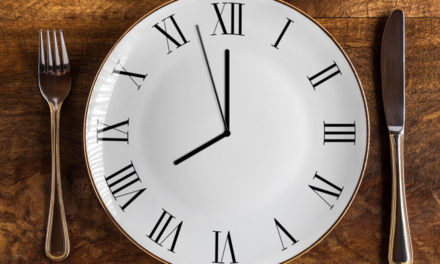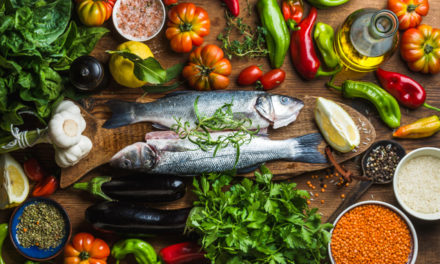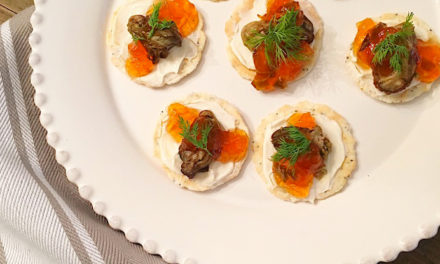December brings some of the best foods all year, and this is often the time when healthy eating habits get derailed. It’s easy to compare what’s on your plate to someone else’s. It’s also common to feel guilty if you’ve overindulged during a meal. Maybe you’re even worried about others judging you, especially if you feel out of control around so many tempting foods.
Feelings like these and binge eating are more common than you think. Binging differs from overeating in that it means repetitively eating large amounts of food in one sitting to the point of extreme discomfort. Bingeing can also look like feeling out of control around certain foods, usually followed by feelings of shame and guilt, or eating large amounts of food without being hungry or when alone.
Immediately Following a Binge
One of the most important things you can do is to help stop the cycle from continuing. Practice kindness towards yourself! Rather than continuing thoughts of disappointment or punishment, approach the situation with curiosity. Ask yourself “why” repetitively, as if you are investigating why a binge might have occurred, rather than judgmental self-talk. Here’s a good place to start:
- What feelings did I have before I binged?
- Have I been restricting food recently?
- Was this my way of tending my emotions?
Often, feelings of numbness can follow bingeing behaviors. It’s important to tune into your senses in these moments. Take a few minutes to look around. What do you see? Is there something to watch? Is there anything you can smell? Perhaps light a candle? Can you feel anything? Try holding an ice cube in your hands for a few moments to help heighten your senses.
Remember to continue honoring your hunger, regardless of how much food was consumed during a binge. Restricting food will only make it more desirable and increase the intense cravings, which ultimately sets you up for another binge in the future.
Things to Consider for the Future
Binge eating is often a direct result of restriction in some other area of your life. That might be from cutting carbohydrates, only eating after a certain time of day, or only allowing special foods on weekends. Restriction can also be present mentally when you see foods as good versus bad.
As you work toward healing your relationship with food, remember that it is for nourishment as well as a form of enjoyment, a part of memories, and a form of self-care. Emotional eating is actually normal—and healthy! When you learn to trust your body, rather than micromanage it, you might be pleasantly surprised by the outcome.
Don’t be afraid to ask for support from a professional with a non-diet, all-foods-fit, Health at Every Size approach. They can guide you to find other productive ways to cope with emotions and heal your relationship with food and your body while opening the doors to true food freedom and body respect.
“Meredith Renshaw, RD, LDN champions finding food freedom through redefining health, ditching the restrict-binge cycle, and embracing intuitive eating. She specializes in disordered eating, intuitive eating, food allergies, family nutrition, and nutrition-related diagnoses. For more information and steps on where to begin your intuitive eating journey, find her on Instagram @meredithren_rd or on FreeMethodNutrition.com.







